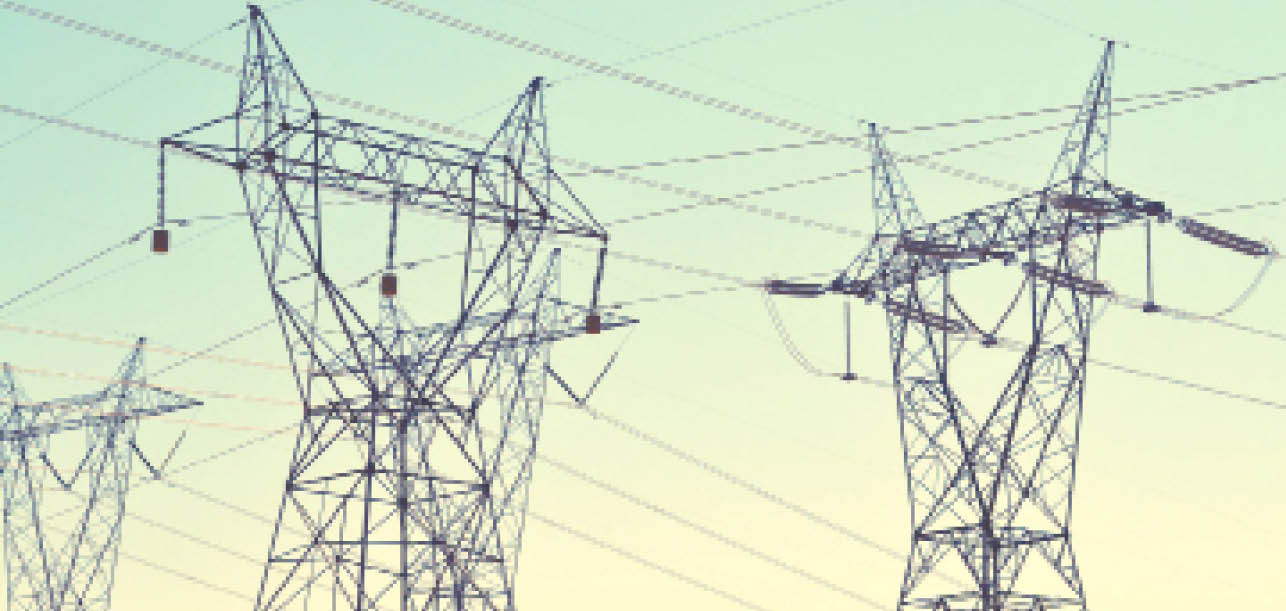Nigeria’s national grid has collapsed again, leaving millions of citizens without power (electricity). This recurring nightmare has become a familiar issue to the people, that touches the country’s economy, security, and overall well-being.
The latest collapse, which occurred on December 11, 2024 is the 12th this year (2024) alone. The Nigerian Electricity Regulatory Commission (NERC) attributed the collapse to a “technical fault” at one of the transmission stations and consequently due to vandalism. However, this explanation seems to be unconvincing to many citizens, as it has become a familiar excuse in the face of repeated grid failures.
The root causes of Nigeria’s national grid collapse are complex and multifaceted. Decades of neglect, underinvestment, and mismanagement have contributed to the downgrade of the country’s power infrastructure. The grid is outdated, inadequate, and unable to meet the demands of a growing population, now estimated at 230 million, and struggling industries.
Furthermore, the lack of a coherent and sustainable energy policy has hindered efforts to address the country’s energy challenges. The government’s reliance on fossil fuels, despite the abundance of renewable energy sources, has exacerbated the problem.
- The hurdles for Nigeria’s livestock sector reform
- Corruption in Nigeria: Breaking the chains for national growth
The consequences of the national grid collapse are far-reaching and devastating. Businesses are forced to shut down, resulting in lost productivity and revenue. Hospitals are unable to provide critical care, putting lives at risk. Homes are being put into darkness, leaving families vulnerable to crime and insecurity.
The economic implications are also alarming. The World Bank estimates that Nigeria loses approximately $29 billion annually due to power outages. This is a staggering amount, equivalent to about 10% of the country’s GDP.
To address these recurring challenges, the government must take bold and decisive action.
Investing in grid modernisation: Upgrading the national grid to make it more efficient, reliable, and resilient.
Promoting renewable energy: Harnessing Nigeria’s abundant solar, wind, and hydro resources to reduce dependence on fossil fuels.
Encouraging private sector participation: Attracting investment and expertise from the private sector to help revamp the power sector.
Improving energy governance: Strengthening institutions, enhancing transparency, and ensuring accountability in the energy sector.
Nigeria’s national grid collapse is a sign of a broader crisis in the energy sector. It requires a comprehensive and sustained response from the government, private sector, and civil society. Only then Nigeria can break the cycle of grid collapses and provide reliable, affordable, and sustainable energy.
Bashir Khalid Furyam Bauchi, email: [email protected]

 Join Daily Trust WhatsApp Community For Quick Access To News and Happenings Around You.
Join Daily Trust WhatsApp Community For Quick Access To News and Happenings Around You.


